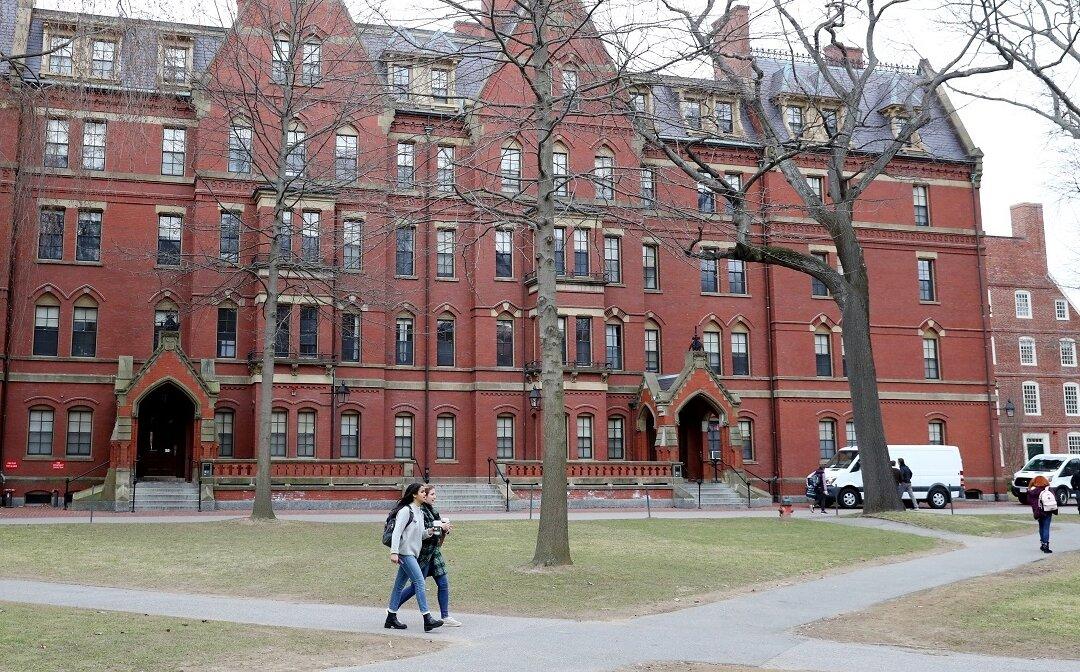Following the Supreme Court ruling against affirmative action in college and university admissions, Harvard University, one of the nation’s most prestigious institutions and one of the schools named in the case, responded with the argument that using race as a factor in the admission process is “essential to academic excellence.”
In a statement released June 29, Harvard said it would “certainly comply” with the court’s decision, but also said it affirmed the principle that teaching, learning, and research depend on a community that includes people of many backgrounds, perspectives, and lived experiences.





